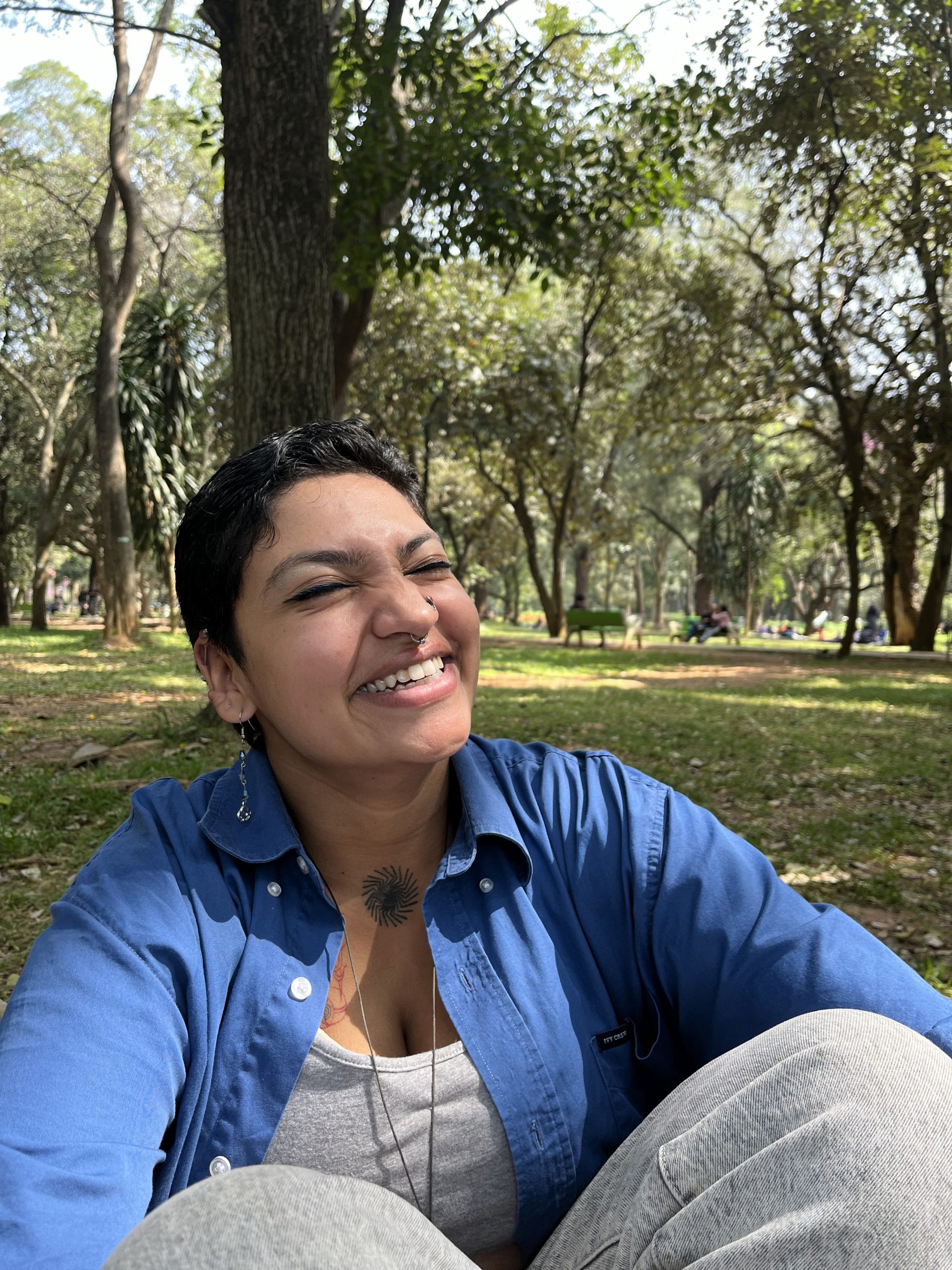The Role of Family Support in Mental Health Recovery in South Asian Communities

Aalika Malik
June 18 , 2024

In communities like South Asia, family bonds are strong, they are called collectivist communities because the identity and welfare of the community are more cardinal than individual benefits. This cultural foundation impacts the role that a family plays in recovery, any “stigmatised” issues particularly crucial to mental health, where any professional services in the psychological area are not readily available and are frowned upon.
Emotional Support: The Heartbeat of Recovery

Photo by Tim Marshall Team on Unsplash
In South Asian cultures, due to the collectivistic nature, family is often a source of acceptance and unconditional love, which can be vital for someone dealing with mental health issues. Emotional support is based on creating a safe space, offering empathy and a listening ear without fear of judgment. This support leads to a significant reduction in feelings of depression and isolation. Research has shown that people with strong emotional support from their families are more prone to having a higher quality of life and better mental health.
Practical Assistance: Lightening the Load

Photo by Ray Harrington Team on Unsplash
Another step in the recovery process is a collaborative approach. In South Asian cultures, where collective decision-making is normative, family involvement and participation in the treatment plan (therapy sessions, treatment plans) can be highly beneficial. This approach ensures that the family is educated about the diagnosed mental health conditions and treatment strategies in addition to receiving comprehensive support. Informed family members are a better fit to provide support and create a safe environment for recovery. Research has shown that when families are actively involved in treatment, people tend to follow the treatment plans and exhibit a lower rate of relapse.
Challenges and Misconceptions: Overcoming Barriers

Photo by Nick Fewings Team on Unsplash
Even with the potential advantages, family engagement can present certain difficulties. Sometimes negative attitudes and notions within the family result from a lack of knowledge and awareness of mental health-related concerns. The negative behaviour can involve denying, placing blame, or being too defensive, among other things. These cause family tension and disagreements, which negatively impact the patient's illness and impede their recovery.
Professionals can address misconceptions, interact with caregivers and family members, and provide appropriate information to overcome these negative beliefs. Fostering an open and informed dialogue by professionals can help families become better allies in the recovery process.
The Power of Family

Photo by Riccardo Ginevri Team on Unsplash
In the end, it is not the individual challenges or struggles faced that define the road to recovery, but the collective support of family. The emotional health of family members and their active participation in the recovery process make it imperative to build a strong support system and lead to a sustainable recovery with compassion. As we navigate the complexities of mental health within South Asian communities, let us remember to cherish and rely on the unity of our families, for it is our greatest asset in overcoming adversity.
For professional support, reach out to a mental health professional at Heart It Out today!
Keep Reading
Started reading,
found my glow!
New blogs dropping soon – Sign up!
© EmbraceWell. All rights reserved





























